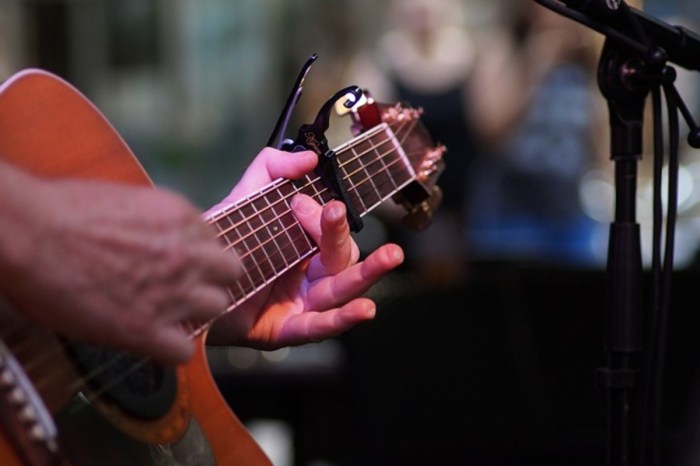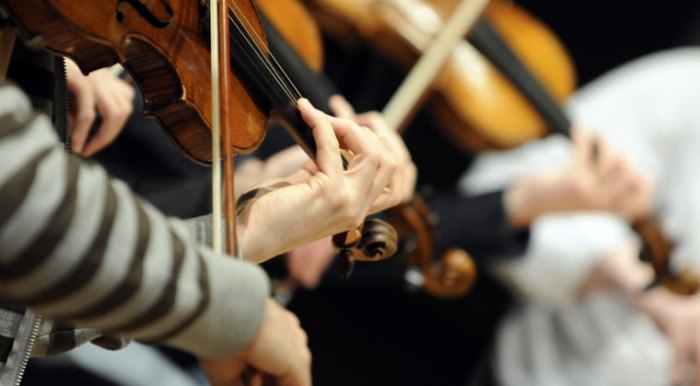Early instrumental music relied on the improvisation skills of players. – Early instrumental music relied on the improvisation skills of players, a practice that left an enduring mark on the development of Western music. This interplay between composition and spontaneity allowed musicians to express their creativity and connect with audiences in a unique and captivating way.
Improvisation in early instrumental music was not merely a supplement to written music; it was an integral part of the performance. Musicians would often embellish melodies, add harmonies, and create variations on the spot, infusing their interpretations with their own personal style and flair.
FAQ Section: Early Instrumental Music Relied On The Improvisation Skills Of Players.
What were some of the essential skills required for improvising musicians?
Improvising musicians needed to possess a deep understanding of musical theory, including scales, chords, and rhythms. They also required exceptional listening skills, the ability to anticipate the direction of the music, and a strong sense of creativity.
How did improvisation impact the development of musical forms?
Improvisation played a crucial role in the development of musical forms such as the sonata, concerto, and fugue. By experimenting with different melodic and harmonic ideas, improvisers helped to establish the basic structures and conventions of these forms.
What are some examples of improvisational techniques used by early musicians?
Early musicians employed a variety of improvisational techniques, including ornamentation, variation, and counterpoint. Ornamentation involved adding embellishments to melodies, while variation involved creating new melodic and rhythmic patterns based on existing themes. Counterpoint allowed musicians to improvise independent melodic lines that complemented each other.


